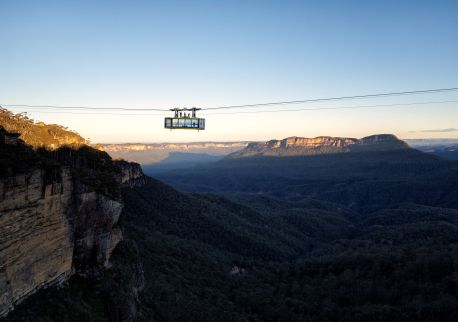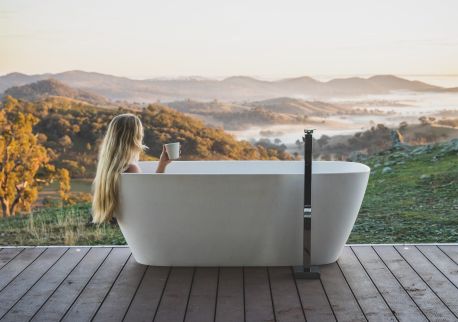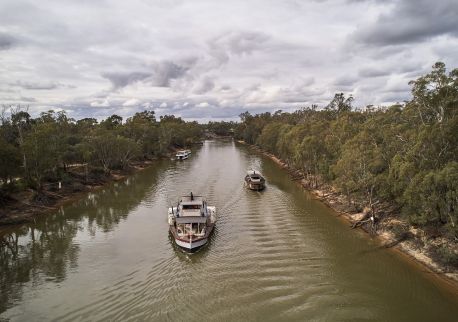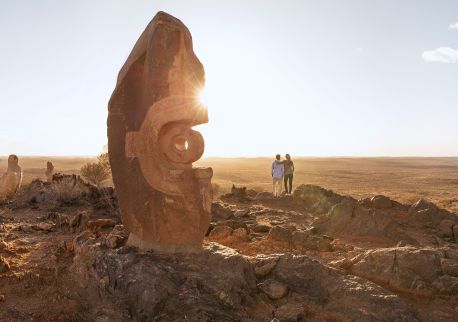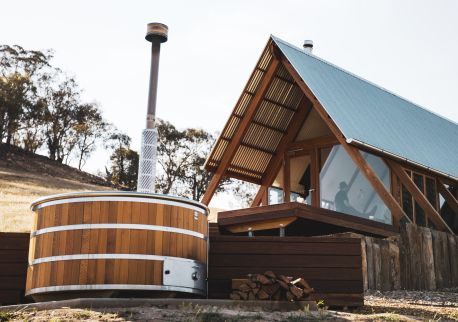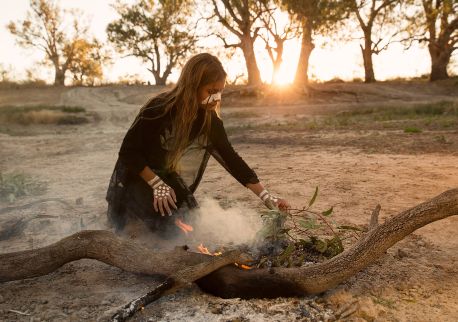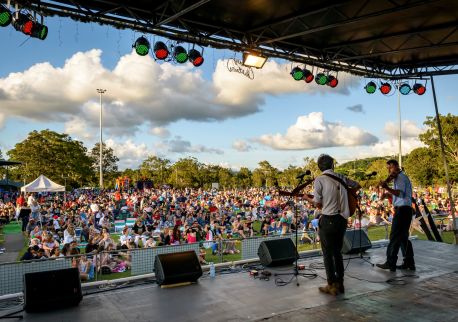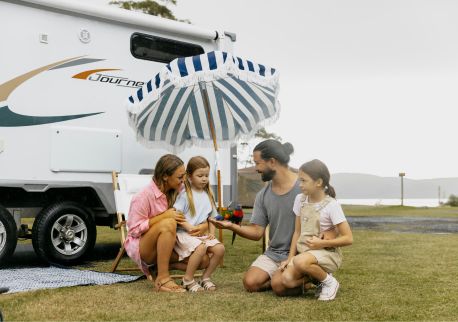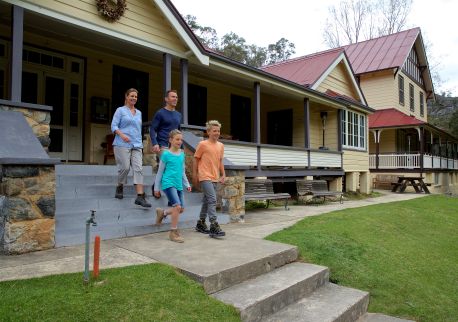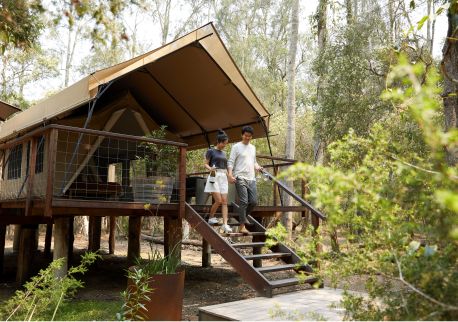Bathurst Regional Art Gallery
Highlights
Overview
Bathurst Regional Art Gallery (BRAG) is one of the oldest regional galleries in NSW. It is a professionally staffed facility owned and operated by Bathurst Regional Council. BRAG is a cultural anchor for the city and region, and delivers unique and bold cultural experiences underpinned by excellence in programming and lifelong learning.
A combination of beautiful natural landscapes and the dynamic history of villages such as Hill End, Carcoar, Sofala and Millthorpe have created a unique attraction for visual artists in the Bathurst region since 1815. BRAG has forged strong links with surrounding townships and within the local community to create a vibrant space showcasing the full spectrum of artistic endeavour.
Built in 1989, it was the first purpose built regional gallery in NSW, and provides professional development opportunities for local and regional artists. The Gallery is a creator of quality touring exhibitions, and operates the highly celebrated Hill End Artists in Residence Program. Located on historic Keppel Street, BRAG is a modern, well-equipped and highly celebrated regional gallery.
From 1955 the BRAG collection has grown to include almost 3,000 works in a wide variety of media and is valued at over $11.5 million. The collection features paintings, sculpture, works on paper, photographs, and ceramics by over four hundred Australian artists.
Accessibility
Allows a person's carer free entry into participating venues and events
Actively welcomes people with access needs.
Employ people with disability
Offer a range of contact methods for receiving complaints
Offer multiple options for booking - web, email, phone
Provide assistance with booking arrangements (includes providing clear itineraries with written instructions on what to do at various destinations)
Train your staff in disability awareness

